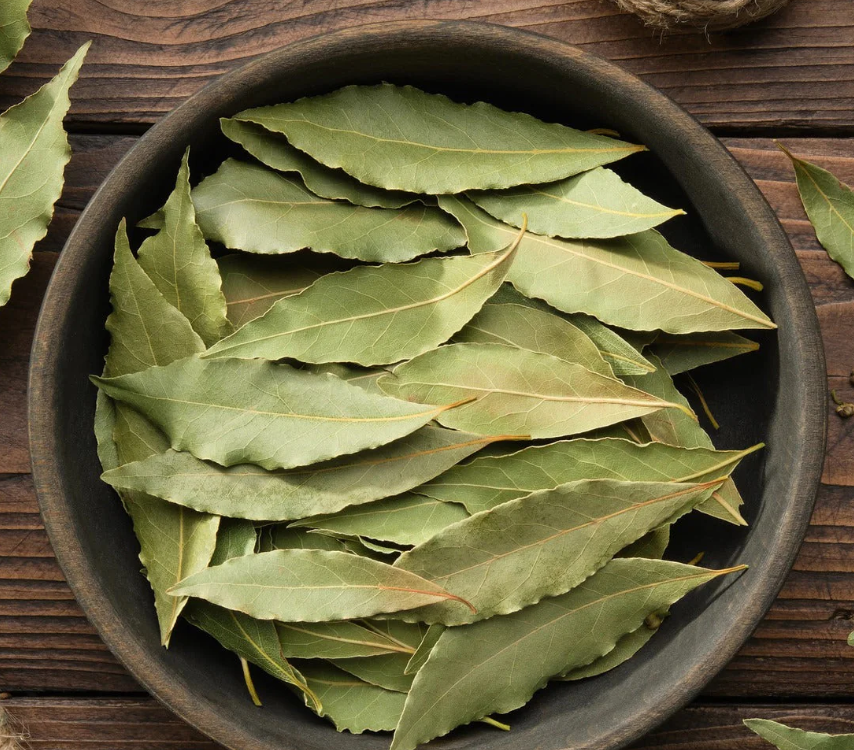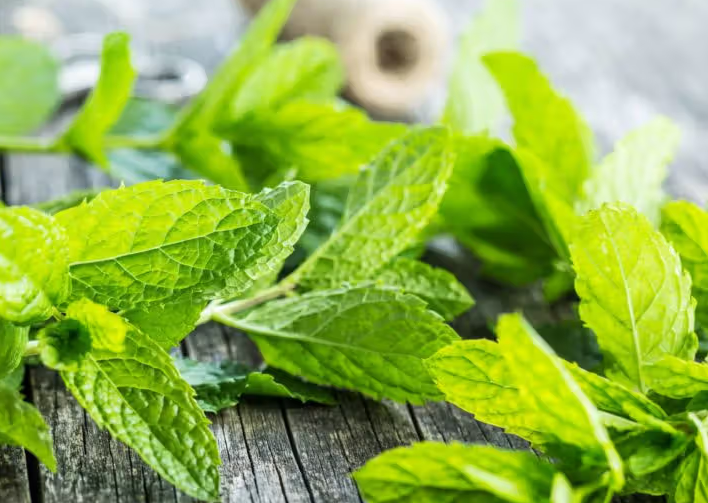Incorporating certain herbal remedies into one’s lifestyle may offer supportive benefits for managing conditions such as diabetes, high blood pressure, body pain, high cholesterol, and poor circulation. Below is an exploration of various leaves and their potential health advantages:
1. Bay Leaves
Benefits: Bay leaves contain bioactive compounds that may aid digestion and exhibit anti-inflammatory properties.
Usage: Consuming bay leaf tea is a traditional practice. However, scientific evidence supporting its efficacy in lowering blood sugar is limited, and it should not replace prescribed diabetes medications.

2. Mulberry Leaves
Benefits: Mulberry leaves are rich in antioxidants and have been studied for their potential to manage blood sugar levels, lower cholesterol, and enhance circulation.
Usage: Mulberry leaf tea is a common method of consumption. Some studies suggest that mulberry leaf extract may help reduce post-meal blood sugar spikes.
3. Olive Leaves
Benefits: Olive leaves contain oleuropein, a compound with antioxidant properties that may help lower blood pressure and reduce LDL (bad) cholesterol levels.
Usage: Olive leaf extract is available in supplement form and as tea. Regular consumption has been associated with improved cardiovascular health.
4. Cashew Leaves
Benefits: Cashew leaves contain flavonoids and tannins, which possess anti-inflammatory properties.
Usage: Traditional practices include chewing fresh cashew leaves or preparing infusions. However, scientific research on their efficacy is limited, and they should be used with caution.
5. Mint Leaves
Benefits: Mint leaves are known for their soothing effect on the digestive system and may help alleviate body discomfort.
Usage: Mint tea is a popular remedy for digestive issues. While it can provide symptomatic relief, it is not a cure for underlying medical conditions.

Considerations and Precautions
While these herbal remedies offer potential health benefits, it is crucial to approach them with informed caution:
- Consult Healthcare Providers: Before incorporating any herbal treatments, especially if you have existing health conditions or are on medication, consult with a healthcare professional to avoid adverse interactions.
- Complementary Use: Herbal remedies should complement, not replace, conventional medical treatments. They may serve as supportive measures alongside prescribed therapies.
- Quality and Dosage: Ensure that any herbal products are sourced from reputable suppliers, and adhere to recommended dosages to minimize risks of contamination or incorrect dosing.
- Monitor Effects: Pay attention to how your body responds to herbal remedies and discontinue use if adverse reactions occur.
In summary, while certain leaves like bay, mulberry, olive, cashew, and mint may offer health benefits related to diabetes, blood pressure, pain, cholesterol, and circulation, their use should be considered as part of a holistic approach to health. This approach includes a balanced diet, regular physical activity, and adherence to medical advice. Always prioritize safety and consult healthcare professionals when exploring herbal remedies.

















